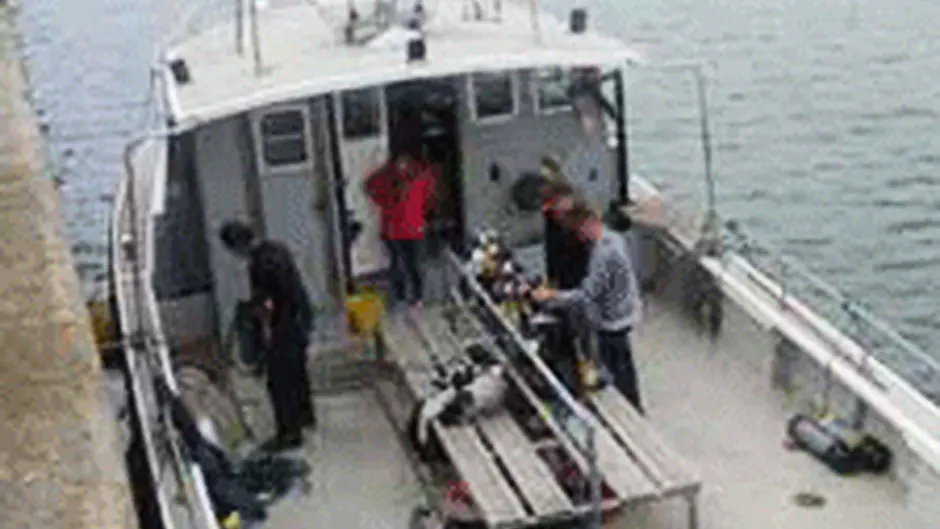Two divers died of complications resulting from the dangers associated with a 42m dive to a WWII wreck off the west Cork coast, the city coroner has heard.
 By Louise Roseingrave
By Louise Roseingrave
TWO divers died of complications resulting from the dangers associated with a 42m dive to a WWII wreck off the west Cork coast, the city coroner has heard.
The pair, Stephen Clarke (65) from Broadwood Cottages, Vickerage Lane in Surrey and Jonathan Scott (61) from Peters Place, Morley, Perth, Australia were on a week-long diving holiday in West Cork last July.
They planned to spend 15 minutes on the seabed exploring the German U-boat on July 2nd, but stayed two minutes longer and died of drowning complicated by the effects of ‘the bends,’ an inquest into their deaths heard last week.
Cork City coroner Dr Myra Cullinane heard that the divers should have ascended to the surface over a 15-minute period at a rate of 10m per minute, but instead made a rapid ascent before going under again.
Commercial dive operator Gerry Smith, skipper of the boat, the Wave Chieftain, told how the pair had completed a series of dives around the West Cork coast while building up to the pinnacle dive of their trip, to the German U-boat U260 4km off Union Hall.
The submarine was shot at by the RAF in 1945 and was abandoned by the crew as it sank.
Now a popular dive site, it attracts up to 200 divers annually.
‘They planned to spend between 13 and 15 minutes at the bottom with safety stops on the way up at various depths,’ Mr Smith said. After 25 mins, he saw the pair surface. ‘I looked at my watch and thought, that’s a bit early,’ he said.
They spent about a minute at the surface before going under again.
‘They didn’t appear in distress,’ Mr Smith said.
However, when Mr Clarke surfaced he was floating ‘almost horizontally.’ Another diver in the water went to retrieve him while Mr Smith made a May Day call to Valentia Coast Guard.
Mr Scott’s body was recovered from the seabed later that day by local divers John Kearney and Aodh O’Donnell.
Dave Finn of the Garda Water Unit examined diving computer trackers worn by each diver. He said the pair, who were experienced divers and had completed 1,600 dives between them, had overstayed their time at the bottom before making a rapid ascent of more than 18m per minute, almost double the recommended time allowed to return to the surface.
‘Both divers were aware they had omitted the required safety stops and went back down,’ Garda Finn said.
They descended again, possibly to offset the effects of the bends, to a depth of 20m.
Pathologist Dr Margaret Bolster said both men died as a result of drowning while diving associated with barotrauma, or water decompression sickness. In Mr Clarke’s case, heart disease was a contributory factor, Dr Bolster said.
Returning a verdict of misadventure, the jury recommended that all recreational divers comply with the diving rules and regulations of the Irish Underwater Council at all times.
The Coroner said the course of events was unclear but the divers had chosen to depart from their dive plan, possibly due to narcosis which affected their judgement under water. The case was a shock considering the divers’ level of experience, she said, adding: ‘The deeper the dive, the greater the risk.’
Dr Cullinane extended her sympathies to Mr Clarke’s wife and daughter, who travelled from the UK. and to Mr Scott’s son and daughter, who travelled from Australia for the inquest.








